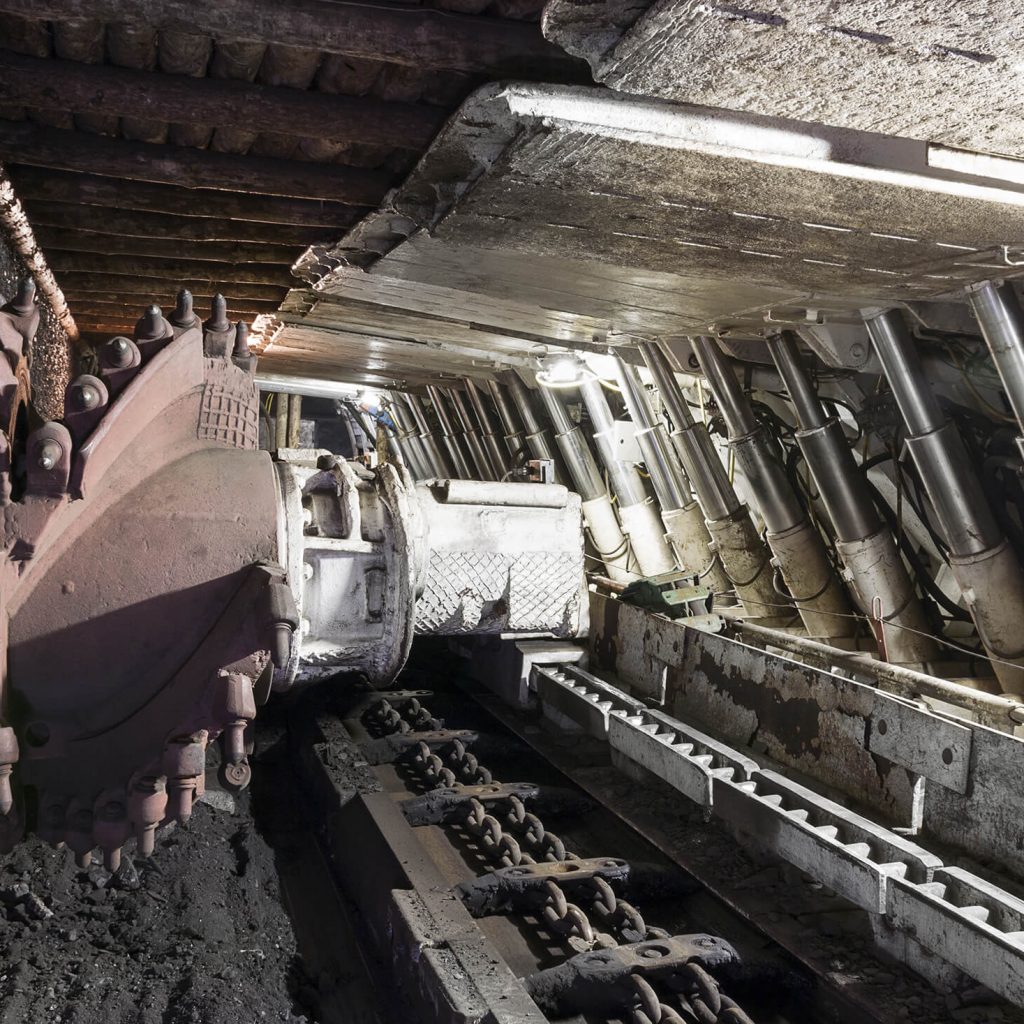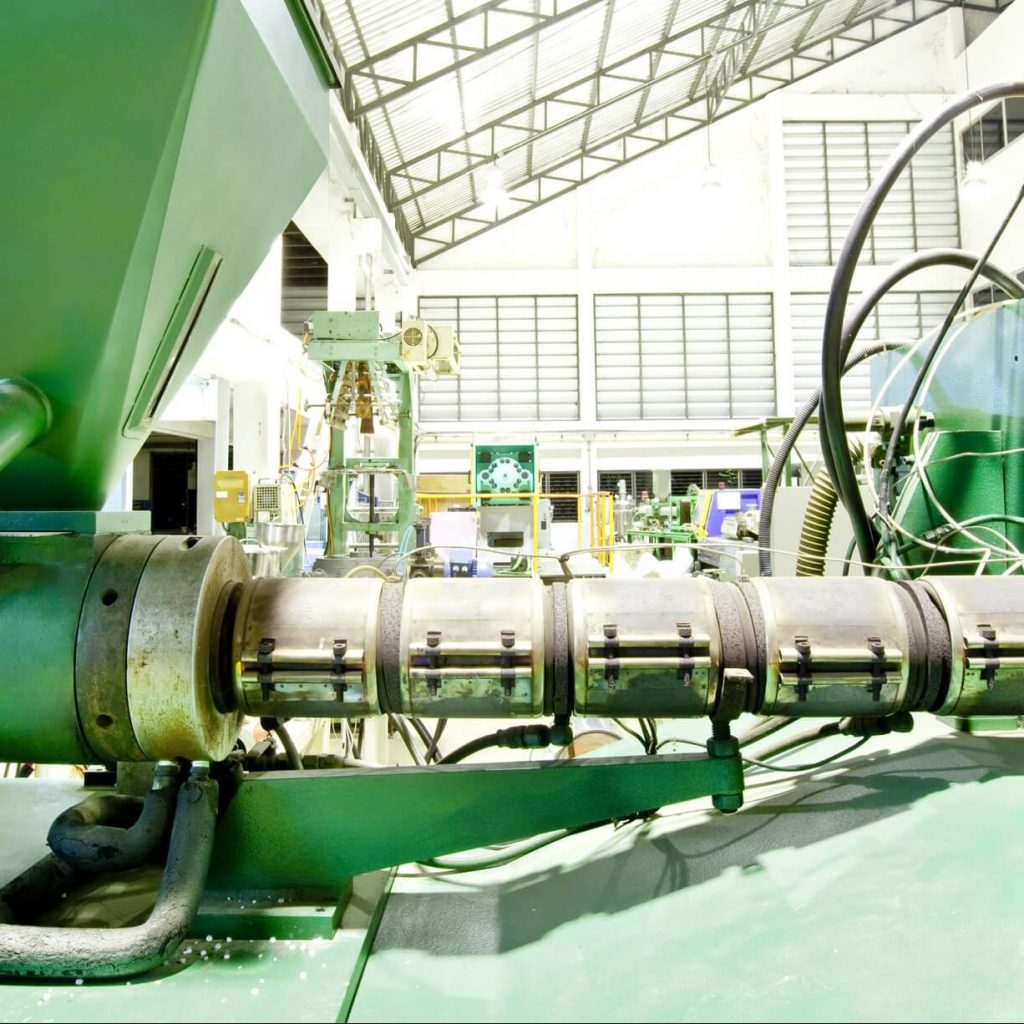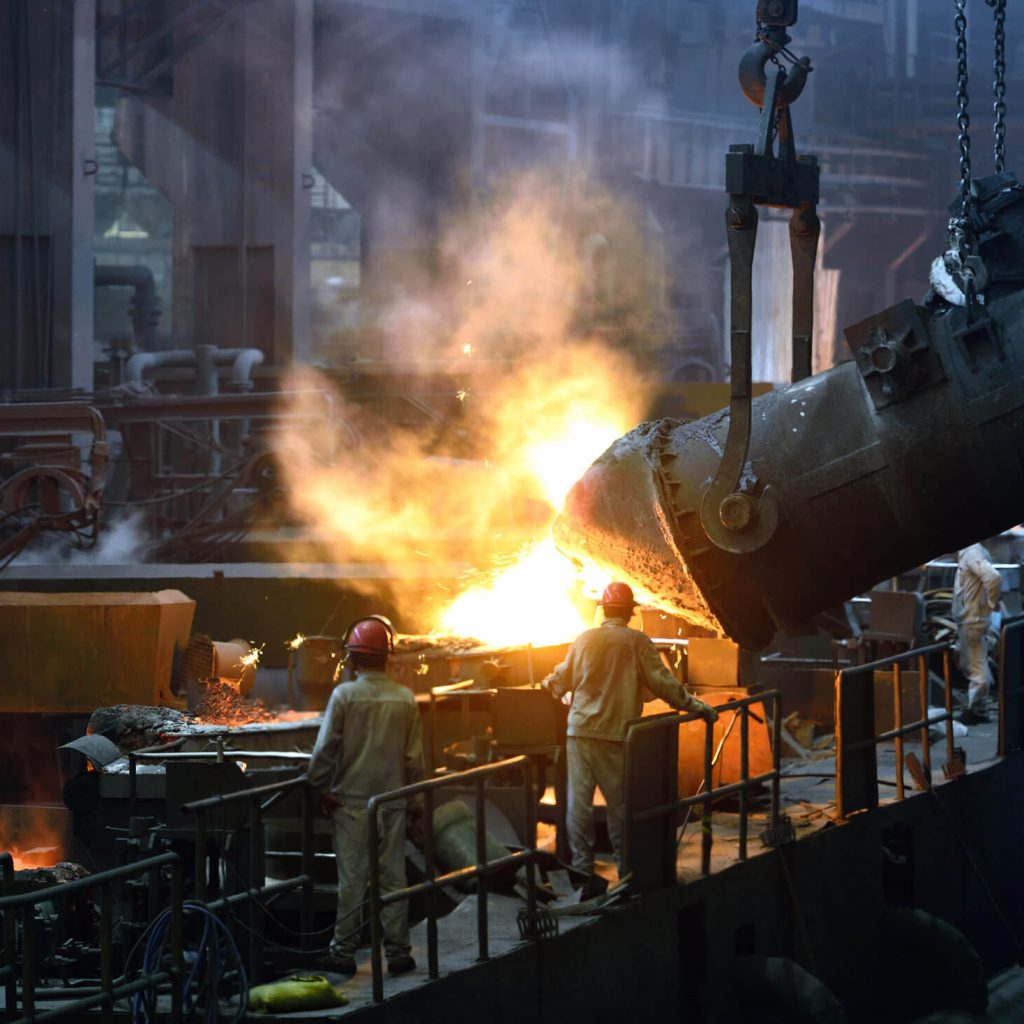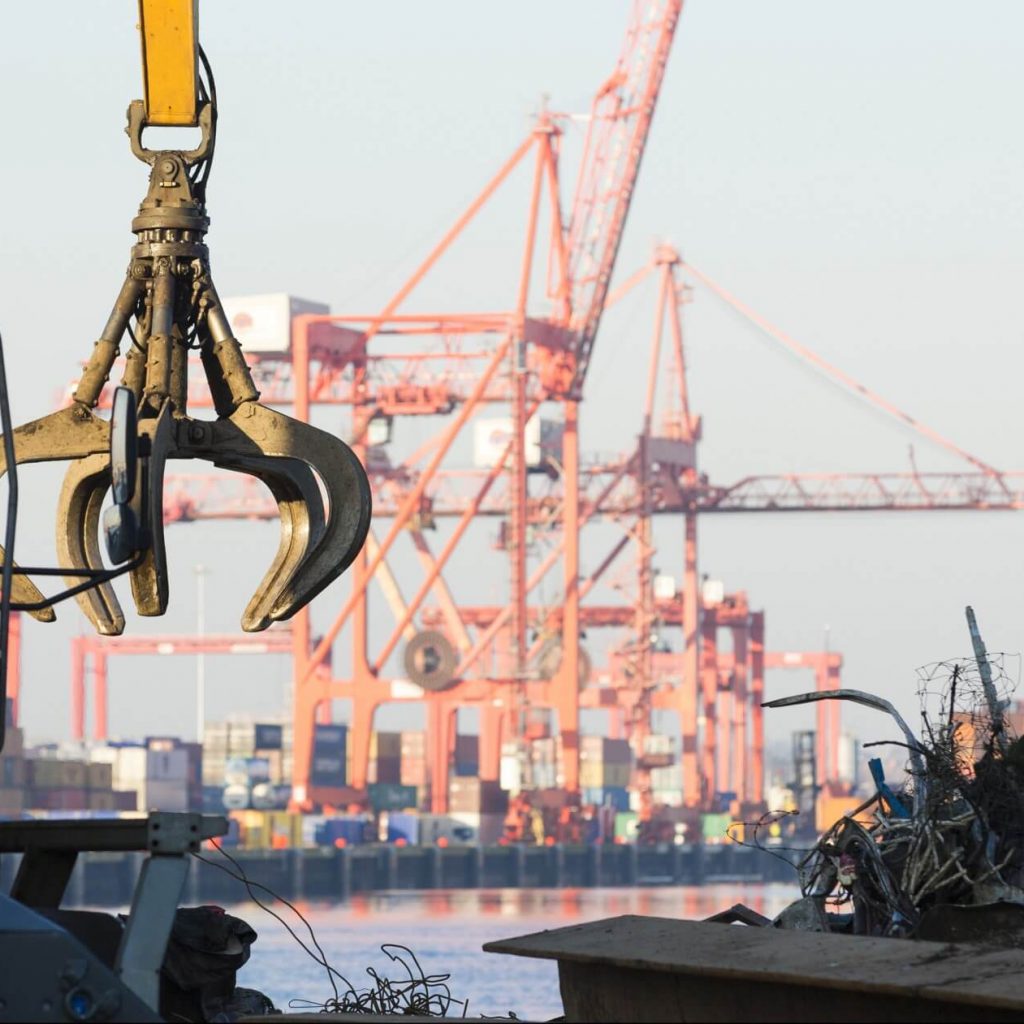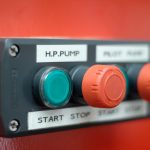Hydraulic Equipment: Why is Maintenance Essential?
It is important to regularly service and check your hydraulic equipment to ensure that a minor issue does not become a fault, because a fault can quickly become an extremely expensive breakdown. Some owners of hydraulic equipment assume that hydraulics can continue to run indefinitely, or perhaps with annual safety checks. This is not so. Regular cleaning and inspection of your equipment is vital, due to a number of factors.
Safety
Firstly and most seriously, is the safety of your companies employees. The Provision and Use of Work Equipment Regulations 1998 (PUWER), states that equipment must be, “safe for use, maintained in a safe condition and inspected to ensure it is correctly installed and does not subsequently deteriorate.” All employers have a duty to ensure that equipment is checked regularly to ascertain that it is safe.
If pressurised hydraulic fluid escapes suddenly, it can “reach an explosive velocity.” This can obviously cause severe harm to anyone in the vicinity. It is also worth noting that hydraulic parts are heavy and often sharp and that unanticipated movement caused by a fault can seriously injure working engineers or passersby. Keeping your equipment well maintained ensures the safety of everyone who interacts with the equipment.
Cost factors
Many faults in hydraulic equipment are caused by particles of dirt. These faults can quickly escalate into a need for very expensive repairs. Large expenses could be avoided simply by keeping equipment clean, and ensuring correct protocol is followed when replacing parts so that dirt does not find its way into the system.
There are many parts of a hydraulic system which may eventually need replacing through general wear and tear. Replacing them before these break completely is often relatively inexpensive. In contrast, waiting until they break entirely – potentially damaging other working parts – can be a very expensive mistake.
Oil is one element of hydraulic systems that can be expensive to change, but inexpensive to maintain. Worse still than the costs of changing oil, are the costs of running dirty oil through your hydraulic system, which can cause irreparable damage to other working parts. Maintaining the oil so it is kept in good condition can prolong the life of filters, pumps, cylinders and valves, meaning that these will need replacing less frequently.
Down Time
Cleaning and checking hydraulic equipment can take a matter of minutes. Replacing an almost worn out part may take a few hours. On the other hand, repairing a major breakdown can take days or even weeks. During this time your company loses huge amounts of productivity, risking additional costs in loss of earnings, as well as potentially missing deadlines.
Your Plan of Action
- Ensure that you and your employees are aware of any legislation related to the safety of your hydraulic equipment.
- Create a maintenance plan for your hydraulic equipment, consulting experts to ensure that there are no oversights. Some elements of cleaning and inspecting can be done in-house. Other elements (such as the accumulators) are within the scope of the European Pressure Equipment Directive (PED) and will need to be tested and recertified by someone qualified to do so. It is likely that specialised, in depth checks will need to be carried out by experts at fixed times throughout the year, depending on the amount that the machinery is running. Apex can help you develop your maintenance schedule to ensure that imminent faults are found and rectified before they occur.
- It is a good idea to create a maintenance log and request that all employees keep this up to date so that individuals are aware of what reviews have taken place, and what reviews are outstanding.
- Ensure that all employees that work with the hydraulic equipment are trained in the use and maintenance of the equipment to the level at which they are required to work and are also fully aware of the maintenance plan for the system.
- Schedule regular services and repairs by qualified hydraulic engineers. Train your in-house employees to recognise if specialist assistance is required outside of scheduled maintenance times.
Create a Maintenance Log
There are many maintenance planning computer programmes available that can be utilised to schedule different types of maintenance for different parts, over different shifts – as well as the regular services by experts. Ensure that all your staff keep to the program and complete a log so that other staff members are always aware of what has been done and what is still to do. It is a good idea to work through your own maintenance plan with qualified hydraulic equipment engineers.
Health and Safety Executive. [no date]. Provision and Use of Work Equipment Regulations 1998 (PUWER) [online]. Available from: http://www.hse.gov.uk/work-equipment-machinery/puwer.htm [Accessed 22nd October 2015].http://www.hse.gov.uk/work-equipment-machinery/puwer.htm
Parr, A.1991. Hydraulics and Pneumatics. Oxford: B H Newnes, 199.
Parr, A.1991. Hydraulics and Pneumatics. Oxford: B H Newnes, 199.
Parr, A.1991. Hydraulics and Pneumatics. Oxford: B H Newnes, 200.
Health and Safety Executive. [no date]. Provision and Use of Work Equipment Regulations 1998 (PUWER) [online]. Available from: http://www.hse.gov.uk/work-equipment-machinery/puwer.htm [Accessed 22nd October 2015].
6 Health and Safety Executive. [no date]. Provision and Use of Work Equipment Regulations 1998 (PUWER) [online]. Available from: http://www.hse.gov.uk/work-equipment-machinery/puwer.htm [Accessed 22nd October 2015].
Some of Our Sector Experience
To find out more information about our experience of delivering successful projects across a range of operating environments, click on an image below…
More News Items
Read more from our news section. From time to time we will update the news section with industry insight, company updates and further products/services information…



